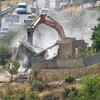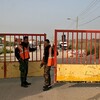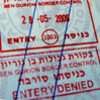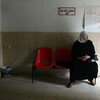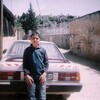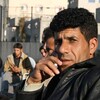
National Insurance Institute refuses official Arabic-language documents
6 December 2006
On 28 November 2006, Adalah sent a letter to the National Insurance Institute (NII) requesting the issuance of administrative directives to mandate that official documents written in the Arabic language be accepted by all branches of the NII, without requiring that they be translated in Hebrew at the personal expense of those submitting the documents. Adalah emphasized in the letter that the NII has been employing a policy for several years.Adalah Attorney Noor Alatownh sent the letter after Adalah received numerous complaints of the NII’s refusal to accept documents in Arabic, including Shari’a court decisions regarding issues of personal status Read more about National Insurance Institute refuses official Arabic-language documents
